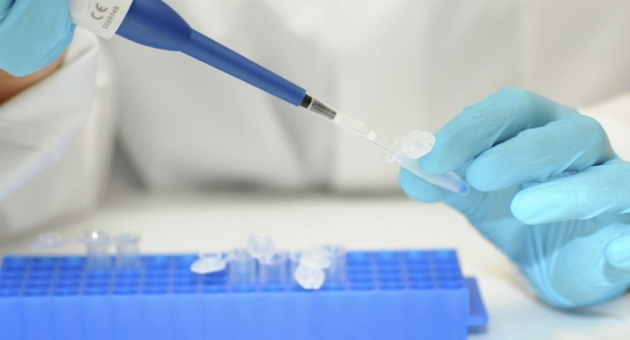
As a heart fails, losing the ability to squeeze blood through the circulatory system, the body releases a neurohormone. But according to a new study by a team of Temple University School of Medicine (TUSM) researchers, that neurohormone interferes with the heart’s best chance to improve its ability to contract. The study was published in the American Heart Association journal Circulation.
The discovery reveals a promising target for the treatment of end-stage heart failure, and raises questions about a drug used to treat some forms of that condition.
Douglas G. Tilley, assistant professor of pharmacology, and Arthur M. Feldman, executive dean and professor of medicine, led the TUSM study examining the effect of the neurohormone arginine vasopressin (AVP), which heart failure patients overproduce.
It’s long been known that the higher a patient’s AVP level, the greater the likelihood of death, but no one knew why.
“The common belief was that the vasopressin receptor in the heart was just not very important,” Feldman said.
However, the researchers demonstrated that the vasopressin type 1A (V1) receptor was actually preventing the heart from receiving important signals.
Vasopressin, it turns out, interferes with the body’s attempt to rescue a failing heart, Feldman explained. As the heart muscle loses its ability to contract, the body releases catecholamines, the same neurohormones that flood the bloodstream in the face of danger, making the heart work harder. The researchers showed that vasopressin impairs the catecholamine receptors so that the heart never gets the message to contract more efficiently.
“This makes the heart vasopressin receptor, or some of the downstream signaling, a new and important target for therapies in patients with heart failure,” said Feldman. “If the V1 receptor could be blocked, or its signal interrupted, catecholamine signals could get through.”
The discovery could be of critical importance to end-stage heart failure patients whose kidneys retain too much water, Tilley explained. These patients receive a drug that blocks only the vasopressin type 2 (V2) receptors in the kidneys. Once V2 receptors are blocked, the kidney stops retaining water.
But V2-receptor blockers also boost levels of vasopressin throughout the body, including the heart, which may further interfere with catecholamine signaling the heart to work harder.
“We think this is an explanation of why V2-selective vasopressin blockers don’t really improve survival,” added Feldman. "We can’t say what happens in humans, but if what happens in a mouse model correlates with what goes on in humans, I think it warrants further investigation.”
The work was supported by the National Institutes of Health, the Pennsylvania Health Research Formula Fund, and American Heart Association postdoctoral and predoctoral fellowships.
- Rebecca Harmon